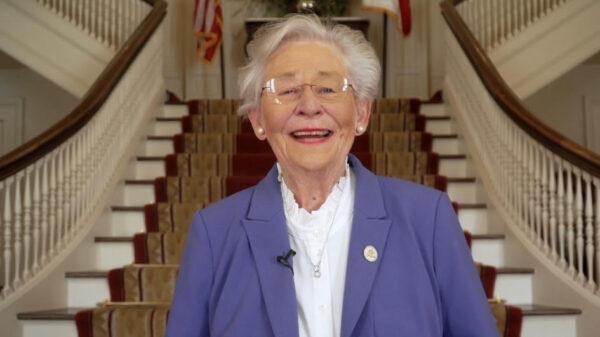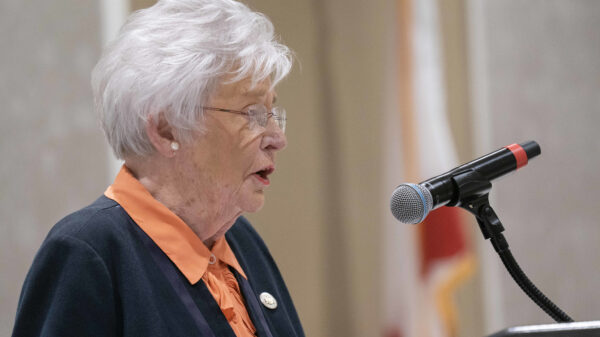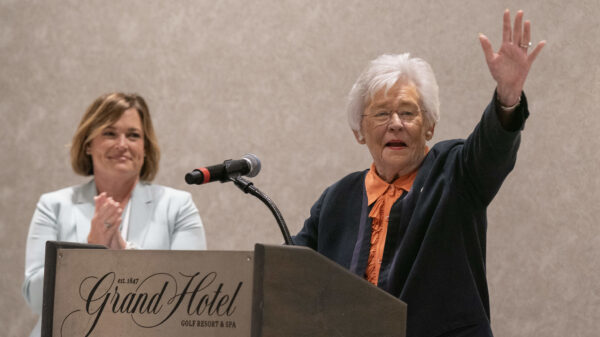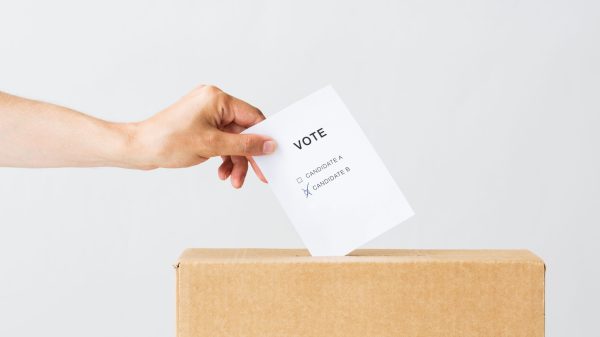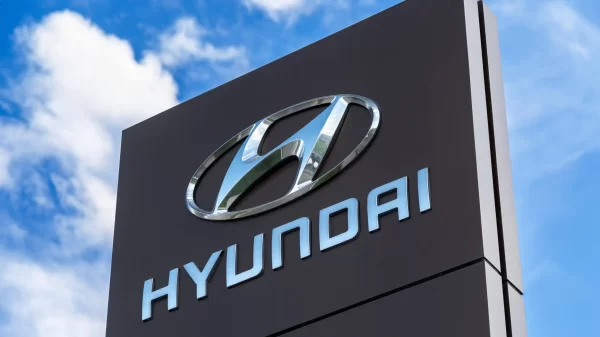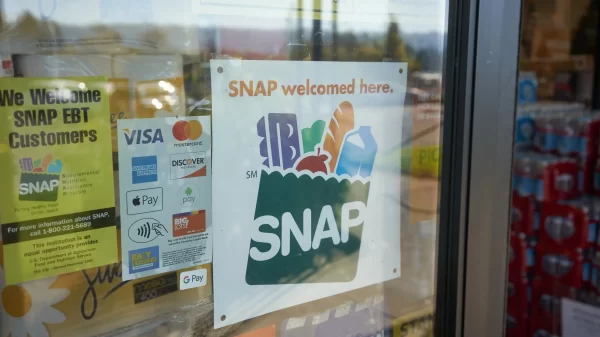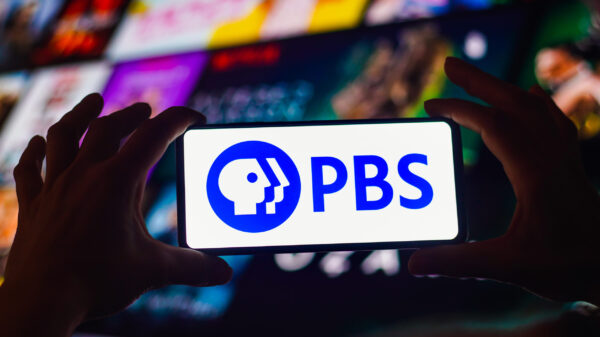On Tuesday, Judge L. Scott Coogler denied the Department of Labor’s request for a preliminary injunction in their case against Mar-Jac Poultry of Alabama.
The Department of Labor searched Mar-Jac in late May and discovered that the company had been employing six minors in various positions. In their official complaint, they accused Mar-Jac of violating the Fair Labor Standards Act by utilizing “oppressive child labor.”
The Department of Labor asked for Mar-Jac to “disgorge all ill-gotten profits” and obey the clause in the FLSA banning the sale of goods produced in establishments which utilized oppressive child labor in the last month.
The judge’s decision to deny these requests follows the failure of two weeks of settlement negotiations between the Department of Labor and Mar-Jac.
After the negotiations failed, Mar-Jac filed a counterclaim against the Department of Labor on June 26. According to the filed documents, the Department of Labor sent “Hot Goods Letters” to Mar-Jac’s customers saying that the agency believed Mar-Jac had been illegally using child labor and not to sell any products purchased from the company.
The letter told Mar-Jac’s customers that the Department of Labor Wage and Hour Division believed the products were hot goods, but that Mar-Jac contested this and the charges hadn’t been ruled on by a judge.
While it spelled out how the customers could legally sell poultry purchased in good faith from Mar-Jac, even if oppressive child labor had been used, the letter also asked them to voluntarily choose to not sell the goods and to inform the Department of Labor of their decision.
Mar-Jac says the damages are “expected to be at least $19,989,381.79.” For comparison, documents filed earlier in the case showed that between December 2023 and March 2024 Mar-Jac Alabama’s average monthly profits after interest were less than $2 million.
In his memorandum denying the Department of Labor’s request for an injunction, Judge Coogler said the Department of Labor could not prove Mar-Jac was aware that it was hiring children. As Mar-Jac pointed out in its initial response to the case, all six children the company employed had provided fake identification that passed “E-Verify.”
The Department of Labor said that the employees were still easily identifiable as children, but the judge wrote that “there are many people who appear younger than their actual age, and Plaintiff’s ‘appearance and mannerisms’ test would unfairly affect those individuals’ employment opportunities.”
He also questioned whether what the minors did actually counted as “oppressive child labor” under the Fair Labor Standards Act. According to Coogler, only one of the six was clearly engaged in prohibited activity: deboning chickens as an “evisceration” employee.
Coogler then pointed to Mar-Jac’s estimates of the proposed injunction’s economic costs and its potential effects on the wider food market, writing that “granting this injunction would inflict immense harm on Defendant and the public.”
The judge concluded: “To be clear, the Court abhors child labor—the thought of employers recruiting or employing young children to work with dangerous machinery is chilling. But [the Department of Labor] has not shown that is what happened here.”
The Department of Labor is also currently seeking a preliminary injunction against Hyundai over the use of child labor by a supplier that Hyundai used to own. That case has been assigned to a magistrate judge.






